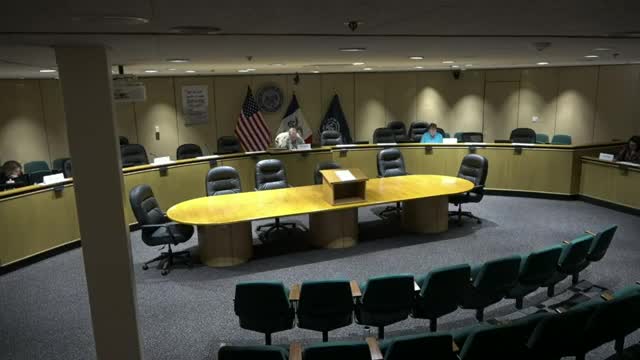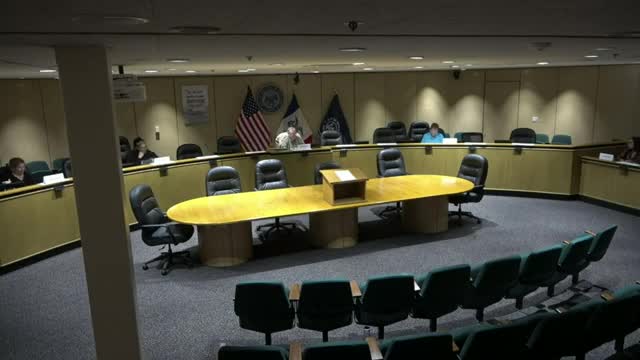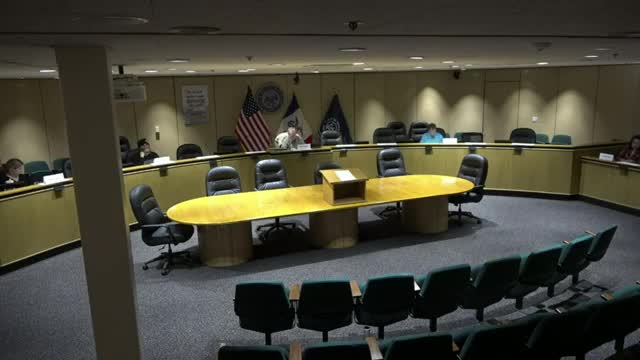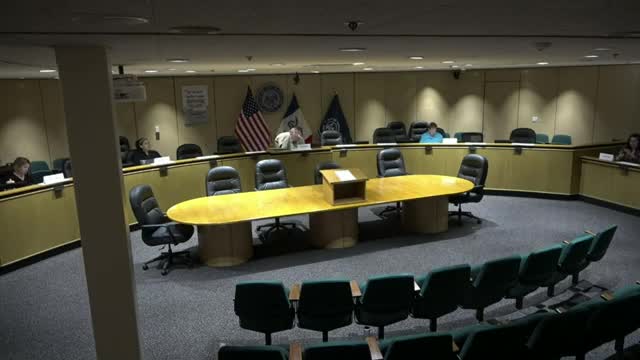Article not found
This article is no longer available. But don't worry—we've gathered other articles that discuss the same topic.

Votes at a glance: Davenport Housing Commission, April 14, 2025

Commission hears draft tenant grievance policy; approves resolution supporting 2025 annual plan for HUD

Davenport Housing staff plan targeted waitlist pulls after stabilizing funding; utilization report approved

